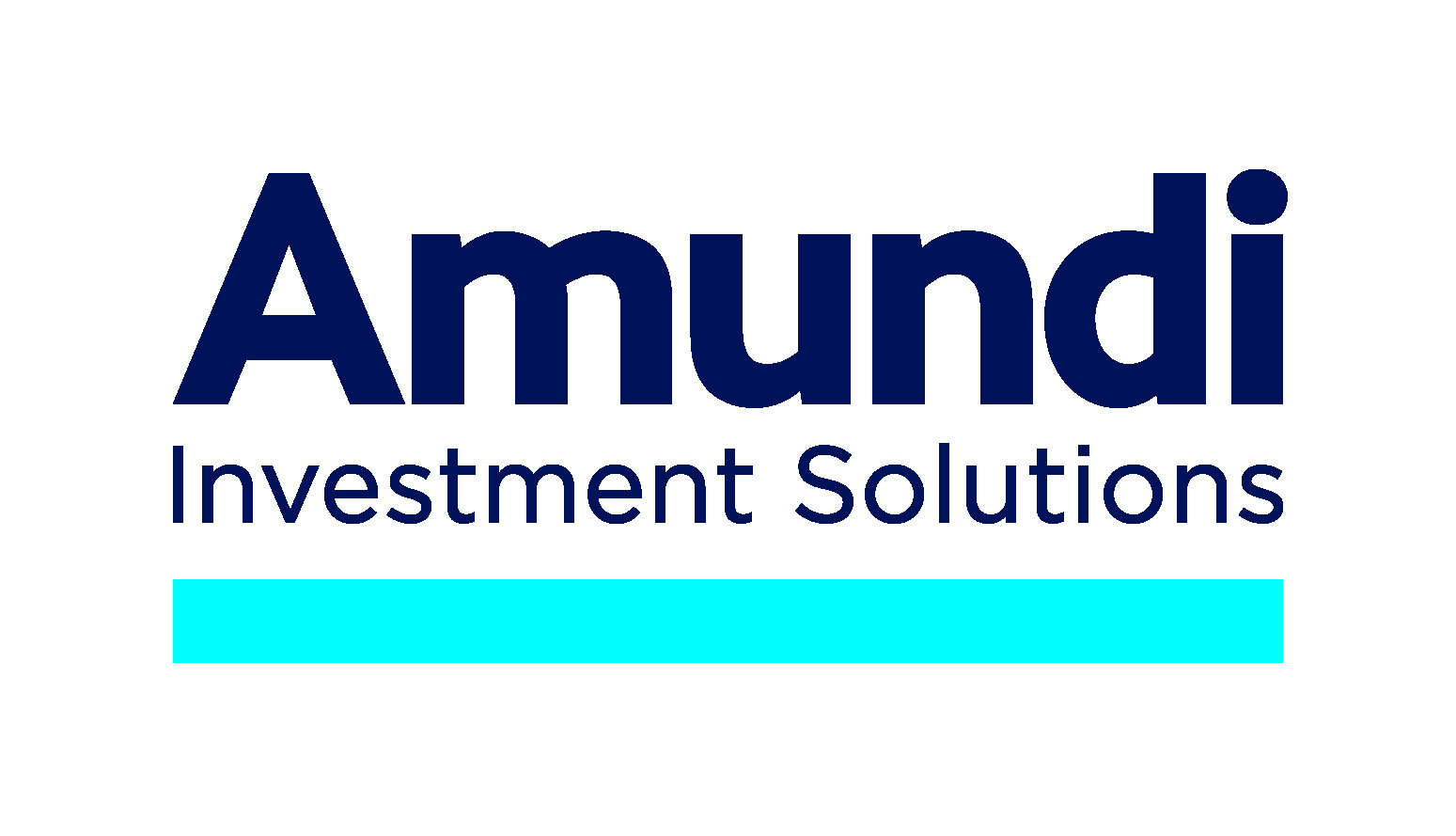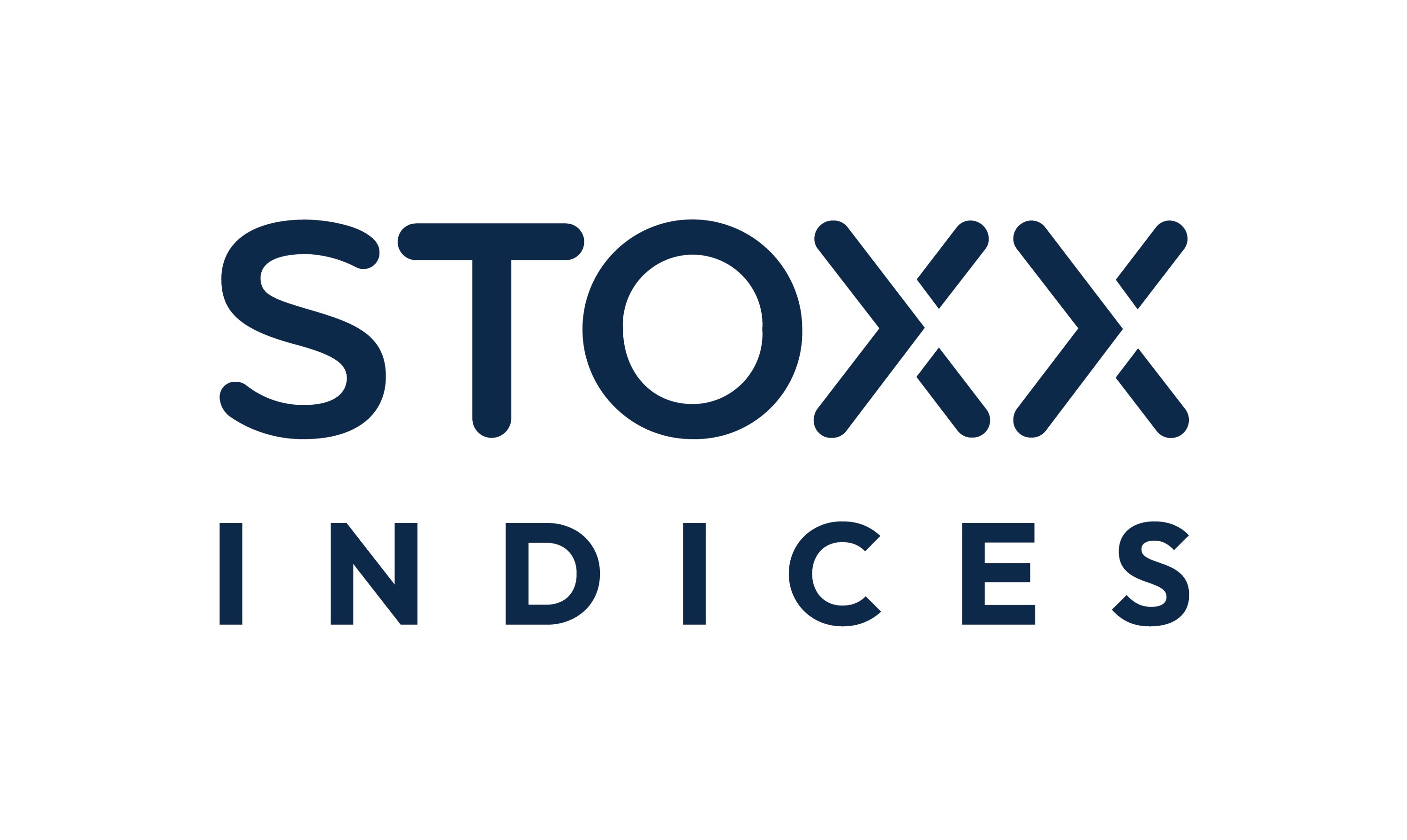Amundi has switched the indices on its CAC 40 and Stoxx Europe 600 ETFs to ones that incorporate ESG metrics.
Effective 21 March, the $1.1bn Amundi CAC 40 UCITS ETF and the $192m Amundi Stoxx Europe 600 UCITS ETF have become the Amundi CAC 40 ESG UCITS ETF (C40) and the Amundi Stoxx Europe 600 ESG UCITS ETF (C6E), respectively.
C40 now tracks the CAC 40 ESG index issued by Euronext which captures the performance of the 40 best-performing companies in the CAC 60 index based on environmental, social and governance (ESG) metrics.
This move is significant as with over $1bn assets under management (AUM), C40 is the largest ETF tracking this exposure.
The product’s overhaul will see big names such as Total Energies – which previously had a 7.7% weighting – removed from its basket.
However, alcohol and aircraft manufacturing companies LVMH Moet Hennessy and Airbus still retain their top 10 spots, with a combined weight of 14.8% of the new benchmark.
C6E now tracks the STOXX Europe 600 ESG Broad Market index which captures the top 80% of best-performing companies on ESG metrics from its parent index.
The ESG benchmark has 480 constituents from 17 developed markets in Europe and automatically excludes companies involved in controversial weapons.
While LVMH Moet Hennessy remains a top 10 constituent of the STOXX Europe 600 ESG index, Royal Dutch Shell loses the 1.8% weighting it is given in the vanilla STOXX Europe 600 index.
Following the changes, both ETFs are classified under Article 8 of the Sustainable Finance Disclosure Regulation (SFDR).
Commenting on the changes, Arnaud Llinas (pictured), head of ETF, indexing and smart beta at Amundi, said: “Investors are increasingly looking for more options in order to reorient their portfolio towards responsible investments.
“These changes in our product range reflect our commitment to accelerating the ESG transition”.
Last month Amundi overhauled its ESG range by shifting more than €13bn of assets to track the EU’s Paris Aligned Benchmarks (PAB) and Climate Transition Benchmark (CTB) indices.
Related articles





